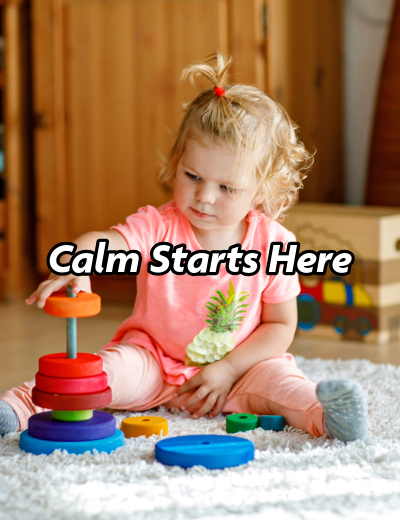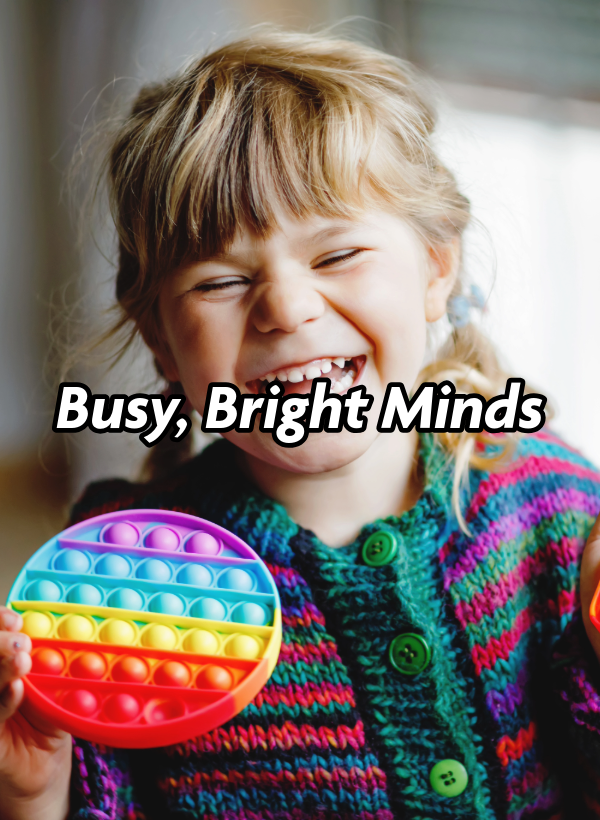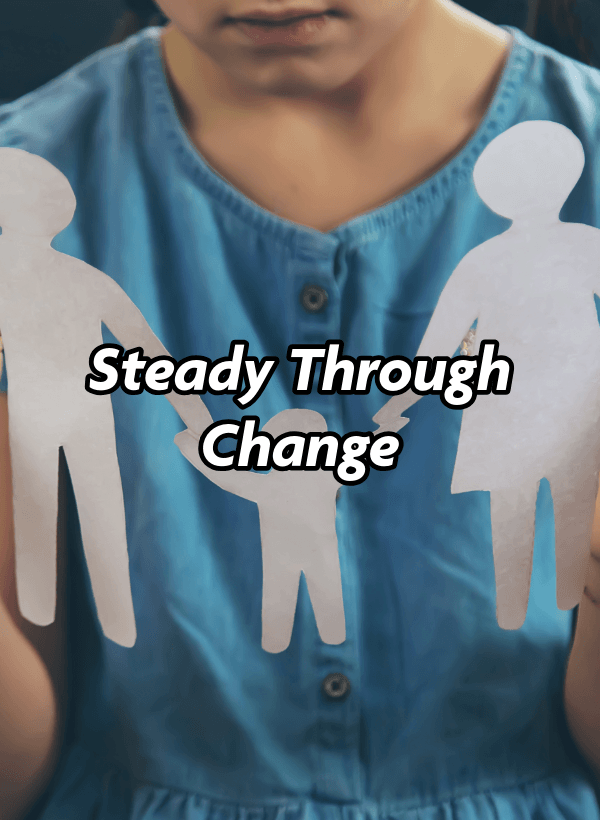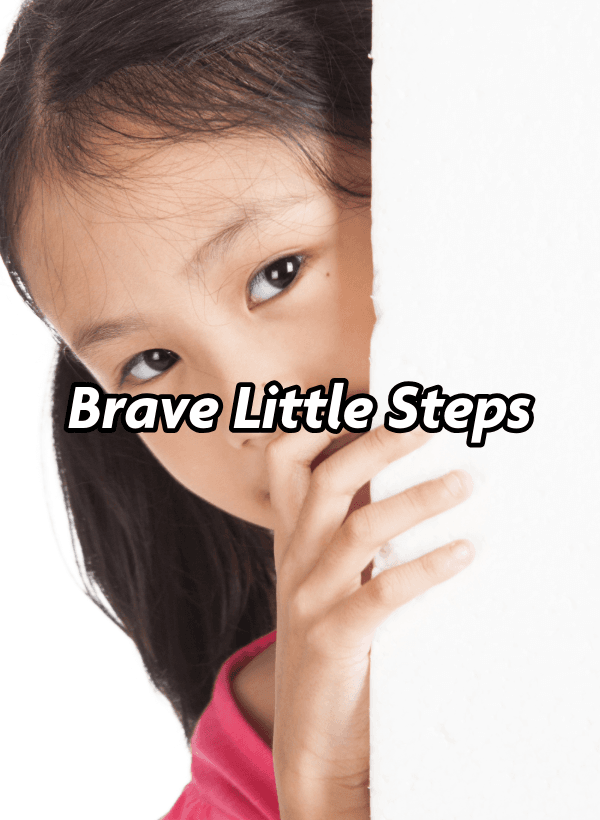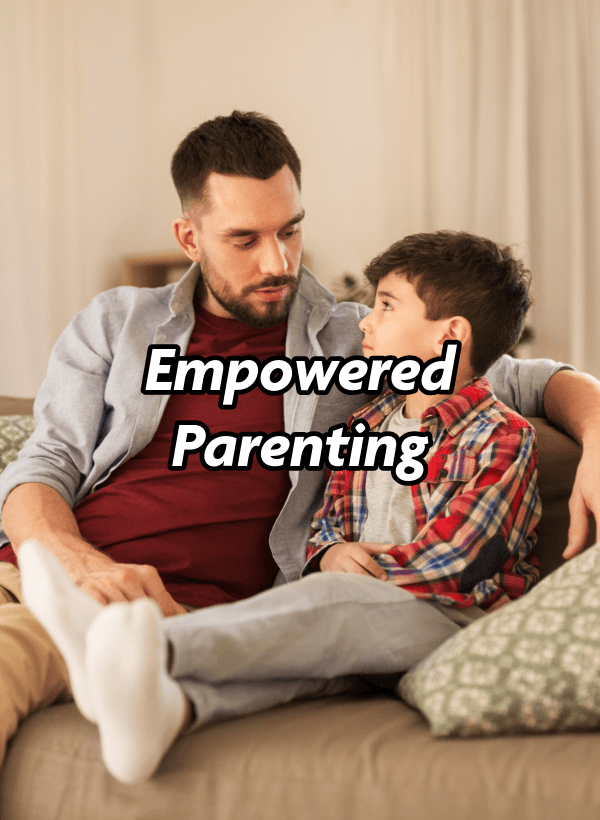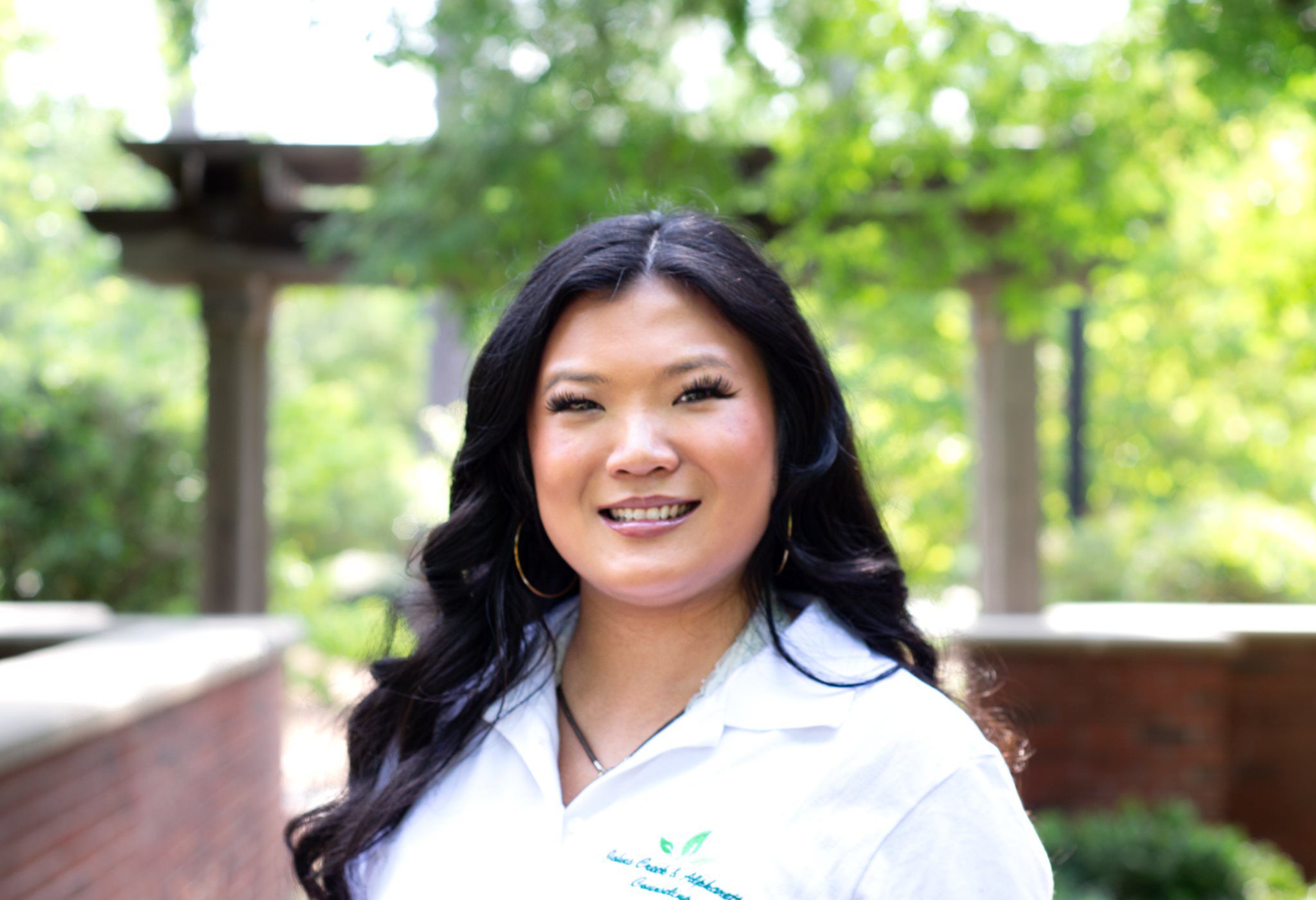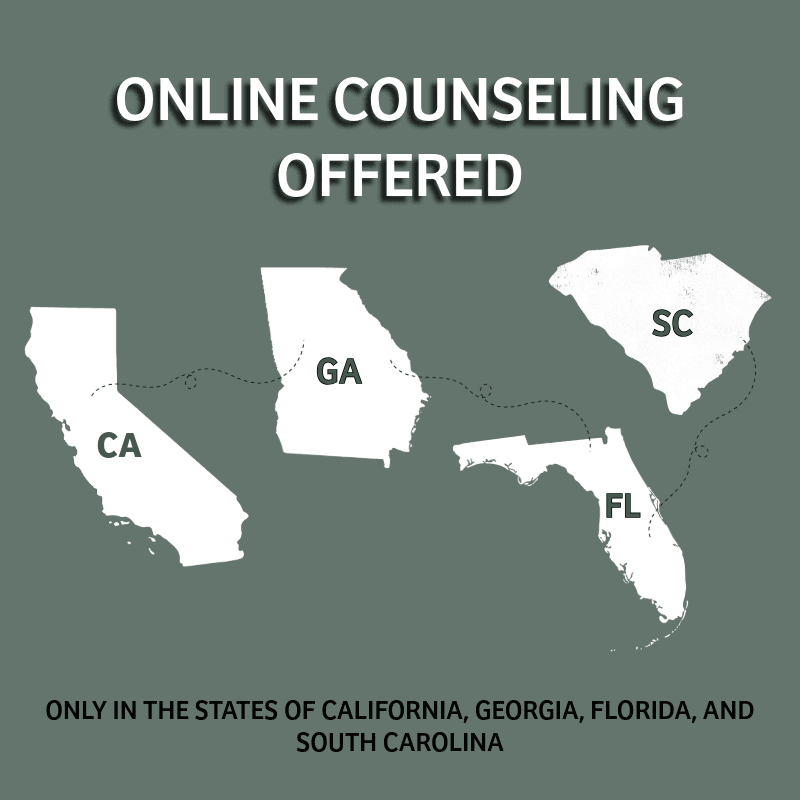WHERE PLAY BECOMES THEIR VOICE
Play Therapy in Alpharetta
Is your child struggling to express big emotions or showing changes in behavior that concern you? Are you searching for a way to support them—but aren’t sure where to start? Play Therapy is a proven model of counseling that helps children communicate and process their feelings using the language they know best: play. At Johns Creek & Alpharetta Counseling, our therapists have extensive training in play therapy and are either working toward becoming Registered Play Therapists (RPT) or have already earned the credential. Just as a pediatrician requires specialized medical training to work with children, counselors need focused education and supervision to effectively support a child’s emotional development. Not all therapists have received formal training to work with children, so it’s important to ask about their experience. Read below to learn more about how Play Therapy can help you and your child.
Specialty Play Therapy Counseling Services
Click on the Play Therapy Service Below to Learn More
In-Person Play Therapy In Alpharetta, Ga.
We offer professional play therapy services at our Alpharetta office to support children through emotional and behavioral challenges.
Counselors That Offer Play Therapy Services
Grace Lee, AMFT
Associate Marriage & Family Therapist
SpecialtiesPlay Therapy, Family Dynamics, Anxiety, Life Transitions
Alexandria Stachowski, MA
Master's in Mental Health Counseling
Specialties
Individual Counseling, Play Therapy, Couples Counseling, Relationship Conflict, OCD
Claire Booz, LAMFT
Associate Marriage & Family Therapist
Specialties
Couples Therapy, Individual Therapy, and Family Therapy
Couples Therapy, Individual Therapy, and Family Therapy
Marley Powalowski, LMFT
Licensed Marriage And Family Therapist
Specialties
Anxiety, Self Esteem, Communication, Life Transitions, Family Dynamics
Anxiety, Self Esteem, Communication, Life Transitions, Family Dynamics
Erica Gregory, LMFT
Owner of JCACounseling
SpecialtiesPlay Therapy, Couples Therapy & Practice Owner Consultation
Sarah Morris, APC
Associate Professional Counselor
Specialties
Individual Counseling, Life Transitions, Anxiety, and Depression
Makenna Vacek
Clinical Mental Health Intern
Specialties
Play Therapy, Adults, Couples, & Sports Performance Counseling
Play Therapy, Adults, Couples, & Sports Performance Counseling
Helping Your Child Through Play: Parent FAQ
1. What is Play Therapy for Children and How Does It Work?
Play therapy is a specialized form of child counseling that uses play as a natural way for kids to express emotions and solve problems. In a safe setting, a licensed therapist guides your child through activities and play to help them communicate feelings, process trauma, and develop healthy coping skills.
2. How Do I Know if My Child Needs Play Therapy?
Children who experience anxiety, behavioral challenges, trauma, grief, or difficulty expressing emotions often benefit from play therapy. If your child struggles to talk about their feelings, has trouble with social skills, or is adjusting to major life changes like divorce or loss, play therapy can provide effective emotional support.
3. What Is My Role as a Parent During Play Therapy Sessions?
Parents play an important role in the success of play therapy. You will work closely with your child’s therapist to understand your child’s emotional needs, learn how to interpret nonverbal cues, and receive guidance on applying therapeutic techniques at home. Many therapists offer joint parent-child sessions to enhance communication and family bonding.
4. How Long Does Play Therapy Last?
The duration of play therapy depends on your child’s individual needs and therapy goals. Some children benefit from short-term therapy lasting a few months, while others may require longer support. Therapists regularly evaluate progress and customize treatment plans for optimal results.
5. Is Play Therapy Effective for All Children?
Play therapy is a proven, evidence-based approach that works well for many children, especially those who have difficulty expressing themselves verbally. It is effective for a range of issues including emotional regulation, behavioral problems, trauma recovery, and social skills development. A licensed therapist will assess whether play therapy is the right fit for your child.
Discover Play Therapy: The Best Approach for Children’s Emotional Well-Being
HELPING CHILDREN FEEL UNDERSTOOD AGAIN
Play Therapy is a well-researched, evidence-based form of counseling for children that effectively addresses a wide range of emotional and behavioral challenges. This child-centered therapy approach uses play as a natural language, allowing children to express thoughts and feelings that they may not be able to articulate verbally (Gil, 1991). As Landreth (2002) states, “toys are a child’s words, and play is their language.”
In a Play Therapy session, licensed child therapists use developmentally appropriate techniques to help children process complex emotions, improve social skills, and develop healthier coping strategies. This therapy is particularly effective for children experiencing anxiety, grief, trauma, ADHD, parental divorce, or difficulties with emotional regulation (Pedro-Carroll & Reddy, 2005).

The supportive relationship between the child and therapist becomes a safe space for healing, offering a corrective emotional experience that encourages growth and resilience (Moustakas, 1997). Play Therapy is widely recognized as one of the most effective forms of therapy for young children who are not yet able to fully express themselves through words. While primarily used with younger children, Play Therapy techniques—such as art therapy, sand tray therapy, and other expressive modalities—can also be adapted for teens and even adults. These approaches are helpful in individual therapy, family therapy, or couples counseling to access emotions that are hard to verbalize. If your child is struggling emotionally or behaviorally, Play Therapy is one of the most trusted and developmentally appropriate interventions available. Contact us today to learn more about how play-based counseling can support your child’s well-being.
What Is My Role As A Parent In Play Therapy?
Together, We Help Your Child Heal
At Johns Creek and Alpharetta Counseling, we believe that parental involvement is a key component of successful play therapy. A strong parent-child relationship provides the emotional foun...More
As a parent, you play a vital role in supporting your child’s emotional journey. We work alongside you to:
- Understand your child’s behaviors and emotions through the lens of play therapy
- Learn how to interpret nonverbal communication and emotional cues
- Apply therapeutic strategies at home to reinforce progress
- Build stronger attachment, emotional safety, and connection
What Issues Does Play Therapy Help Address?
Understanding Your Child’s World
At JCACounseling, play therapy can help children who are experiencing: Emotional & Behavioral Concerns Anxiety and excessive worry Depression or persistent sadness Anger outbursts or acting out behaviors Obsessive thoughts or compulsive behaviors Isolation and social withdrawal Nightmares and sleep disturbances Poor emotional regulation Bullying (as victim or aggressor)
Family & Relationship Conflicts Family conflict and household tension Sibling rivalry or sibling conflict Parental separation, divorce, or co-parenting stress Reactive Attachment Disorder (RAD) Adoption-related challenges
School & Developmental Issues ADHD (Attention Deficit Hyperactivity Disorder) Autism Spectrum Disorder (ASD) Poor school performance Difficulty with focus, organization, or social skills





